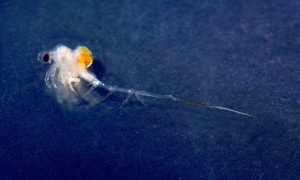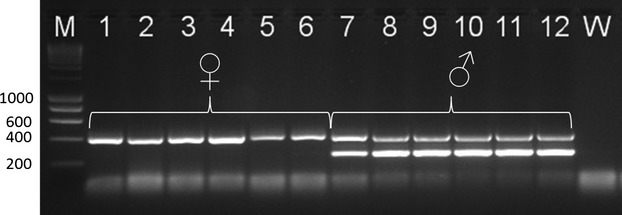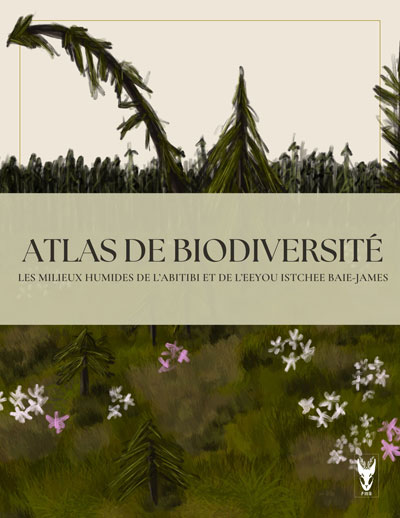
Shahrzad Vahedi
Master's degree in ecology and forest ecosystem management
Projet:
Understanding Differential Responses of Male and Female Aspen Clones to Multiple Stressors.
Institut de recherche sur les forêts (IRF)
Université du Québec en Abitibi-Témiscamingue (UQAT)
Campus de Rouyn-Noranda
Director: Mebarek Lamara
Co-director: Yves Bergeron, Igor Drobyshev
My profile
My name is Shahrzad Vahedi, I am Iranian. I hold a master's degree in Cellular and Molecular Genetics and am now pursuing another master's degree in Ecology and Management of Forest Ecosystems.
With experience in molecular techniques, I am eager to apply my expertise to tree research.
I am highly motivated by this new project and look forward to contributing to the advancement of forestry research.
Summary of the study project
The Canadian boreal forest faces challenges due to climate change. The study aims to provide insights into sustainable practices in the boreal forests of Canada. With a broad geographic distribution, Aspen holds ecological, economic, and cultural significance, making it a focal point. Climate-induced stressors, such as drought and insect outbreaks, threaten the aspen, impacting phenological responses. Understanding the resilience, resistance, and recovery of Aspen trees becomes imperative for effective forest management amidst evolving environmental dynamics. The study aims to provide insights into sustainable practices in the boreal forests of Canada.

Objective/Hypothesis:
(i) Evaluate post-drought growth recovery and response to tent caterpillars in Aspen trees. Test if male and female aspen exhibit differing performances both three years before and after occurrences.
(ii) Investigate if aspen clones display sex-specific responses in bud burst phenology as an adaptive trait for biotic and abiotic stresses
•We hypothesize that the resilience of Aspen clones, particularly their ability to return to pre-disturbance growth rates, is influenced by sex, with male clones anticipated to demonstrate greater resilience and recovery capability compared to female clones when subjected to both biotic and abiotic environmental disturbances.
Potential Implication: The research seeks to enhance forest management by unraveling the interplay of genetic diversity and sex-specific responses. If our findings demonstrate that male Aspen trees are indeed more resilient, promoting their presence in managed forests may be beneficial. By integrating genetic, climatic, and dendrochronological data, our study contributes to a broader understanding of trembling aspen's adaptive mechanisms, thereby improving boreal forest resilience.

ACADEMIC BACKGROUND
- In progress Master's degree in ecology and forest ecosystem management UQAT UQAT

- 2016 Master's degree Human/Medical Genetics Pasteur Institute, Payame Noor University
- 2007 Bachelor's degree in cellular and molecular biology-microbiology Azad University
Research Interests:
- Genetics and Tree Improvement
- Forest Genomics
- Forest Biotechnology
- Natural Disturbance Regimes
- Plant-Insect Relationships
- Ecophysiology
- Dendroecology
- Sustainable Forest Development and Management
- Genetic Plasticity and Local Adaptation
Areas of Expertise:
- Molecular Genetics
- Bioinformatics
- Ecology
- Plant Biology
- Biotechnology
- Dendrochronology
- Microbiology
- PCR (Polymerase Chain Reaction)
- Gel Electrophoresis
- DNA Extraction










